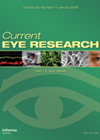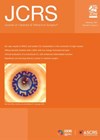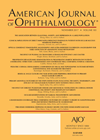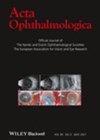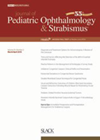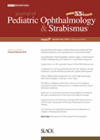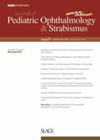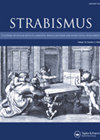You searched for "cataract surgery"
Preoperative anxiety levels and pain during cataract surgery
5 June 2020
| Kurt Spiteri Cornish
|
EYE - Cataract, EYE - Refractive
|
Phacoemulsification, VAS, VASA, anxiety, cataract, pain, surgery
Increased anxiety has been shown to be associated with greater pain in a number of procedures. In this observational, non-interventional study, the authors sought to evaluate the correlation between pain with phacoemulsification surgery (under topical and intracameral local anaesthesia) and...
Risk factors for lens dislocation post cataract surgery
This retrospective cohort study in Korea assessed the risk factors for intraocular lens (IOL) dislocation. They used national data of 2,162,191 patients who had had cataract surgery between 2009 and 2016. They excluded any patient who had an IOL dislocation...Real world results of cataract surgery in pseudoexfoliation
In this single-centre retrospective cohort study, the data of pseudoexfoliation (PXF) patients undergoing phacoemulsification cataract surgery from January 2010 to December 2019 was analysed in the National Health Service setting. The study comprised 23,329 eyes of 15,257 patients. Patients with...Anterior ischaemic optic neuropathy post cataract surgery
7 April 2021
| Tasmin Berman
|
EYE - Neuro-ophthalmology
This retrospective population-based cohort study assessed whether there was an increased incidence of anterior ischaemic optic neuropathy (AION) post cataract surgery compared to patients that had not had cataract surgery. They reviewed the notes of all patients diagnosed with AION...
Secondary glaucoma post paediatric cataract surgery
This retrospective observational consecutive case series assessed the incidence and risk factors associated with developing glaucoma after paediatric cataract surgery with primary intraocular lens (IOL) implantation. They reviewed 136 children (199 eyes) who underwent paediatric cataract surgery before the age...Wet AMD outcomes post cataract surgery
3 June 2021
| Kareem Waleed Alsaffarini
|
EYE - Cataract, EYE - Refractive
|
age-related cataract, antivascular endothelial growth factor, cataract surgery, wet age-related macular degeneration
The authors present the findings of a retrospective study looking at the progression of wet age-related macular degeneration (AMD) in patients who underwent cataract surgery. They recruited a series of 111 patients of which 38 were men and 73 were...

